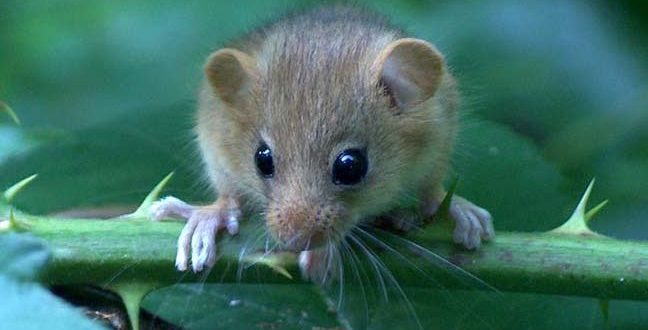Researchers on Tuesday said that rising sea levels have likely extinguished the Bramble Cay melomys, a small rodent mammal species that lived on a tiny island in Australia’s Great Barrier Reef.
The rodent was known only to live on a small (4 ha) coral cay, just 340m long and 150m wide in the Torres Strait, between Queensland in Australia and Papua New Guinea.
“Because a limited survey in March 2014 failed to detect the species, Bramble Cay was revisited from August to September 2014, with the explicit aims of establishing whether the Bramble Cay melomys still persisted on the island and to enact emergency measures to conserve any remaining individuals,” Dr Luke Leung of UQ’s School of Agriculture and Food Sciences said.
“A thorough survey effort involving 900 small animal trap-nights, 60 camera trap-nights and two hours of active daytime searches produced no records of the species, confirming that the only known population of this rodent is now extinct.
“Anecdotal information obtained from a professional fisherman who visited Bramble Cay annually for the past 10 years suggested that the last known sighting of the Bramble Cay melomys was made in late 2009.”
Dr Leung said the key factor responsible for the destruction of this population was almost certainly ocean inundation of the low-lying cay, very likely on multiple occasions, during the past decade, causing dramatic habitat loss and perhaps also direct mortality of individuals. The cay sits at most 3m above sea level.
“Available information about sea-level rise and the increased frequency and intensity of weather events producing extreme high water levels and damaging storm surges in the Torres Strait region over this period point to human-induced climate change being the root cause of the loss of the Bramble Cay melomys,” he said.
Dr Leung said the fact that exhaustive efforts had failed to record the rodent at its only known location and extensive surveys had not found it on any other Torres Strait or Great Barrier Reef island gave him confidence in the assertion that Australia had lost another mammal species.
“Significantly, this probably represents the first recorded mammalian extinction due to anthropogenic climate change.
“However, new information is provided in support of a previously presented hypothesis that the Fly River delta of Papua New Guinea is a possible source of the original melomys population on Bramble Cay, so the Bramble Cay melomys or a closely related species might occur there. “
Dr Leung said it could be premature to declare the Bramble Cay melomys extinct on a global scale.
Agencies/Canadajournal
 Canada Journal – News of the World Articles and videos to bring you the biggest Canadian news stories from across the country every day
Canada Journal – News of the World Articles and videos to bring you the biggest Canadian news stories from across the country every day



